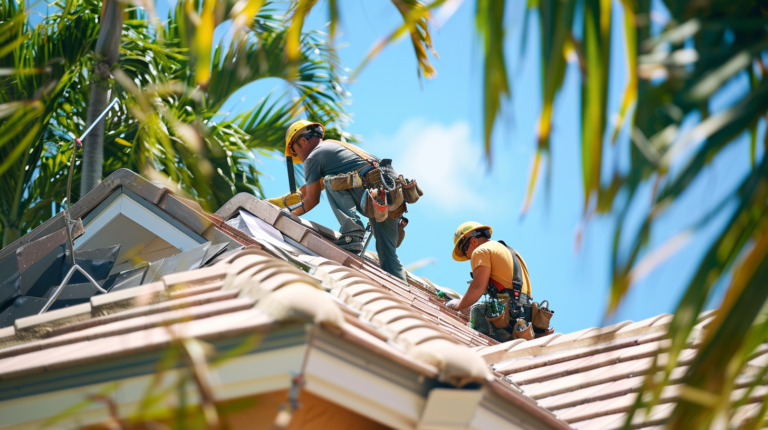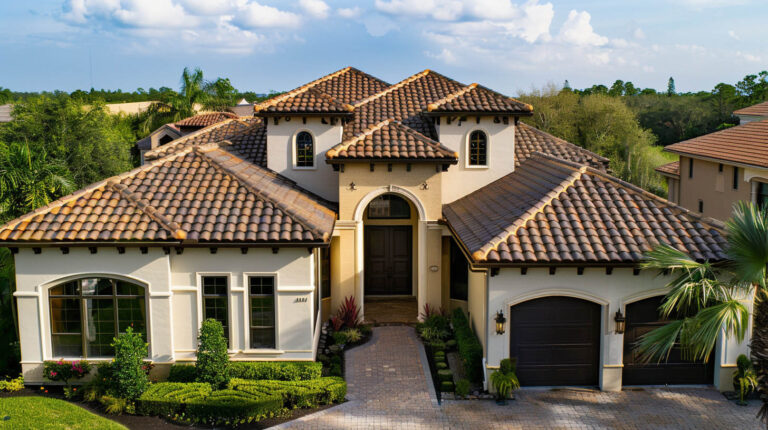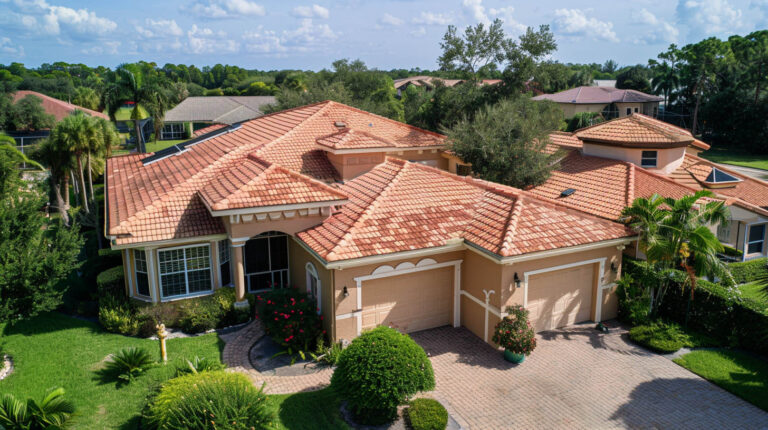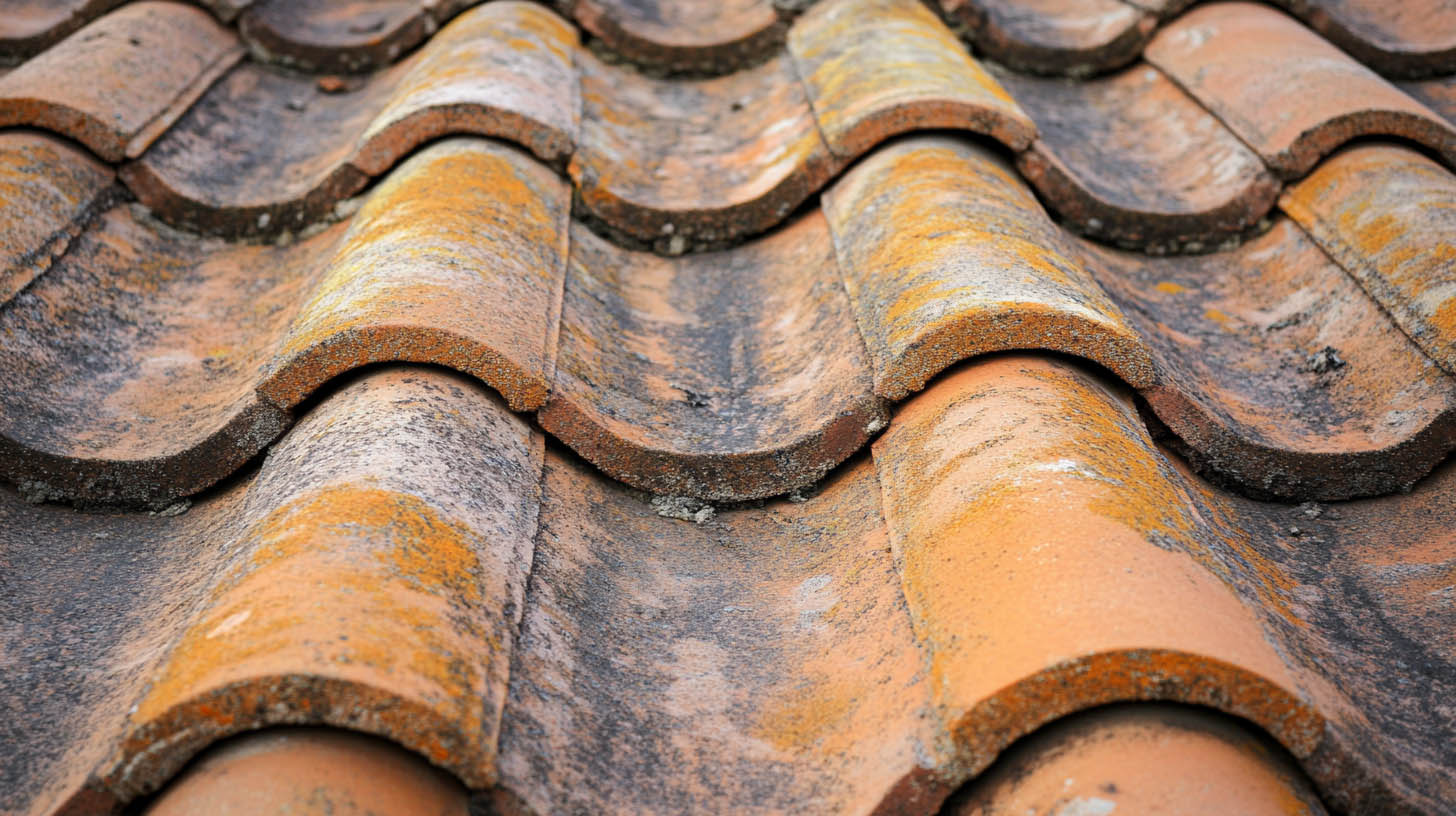
Blog
The Impact of Sunlight on Your Jacksonville Roof’s Lifespan
Sun exposure is a vital factor influencing roof durability, especially in Jacksonville’s warm climate. With extended exposure to UV rays, roof materials can degrade over time, causing issues from fading to structural vulnerabilities. Avenue Roofing, Jacksonville’s trusted roofing expert, emphasizes the importance of understanding these impacts to safeguard your investment.
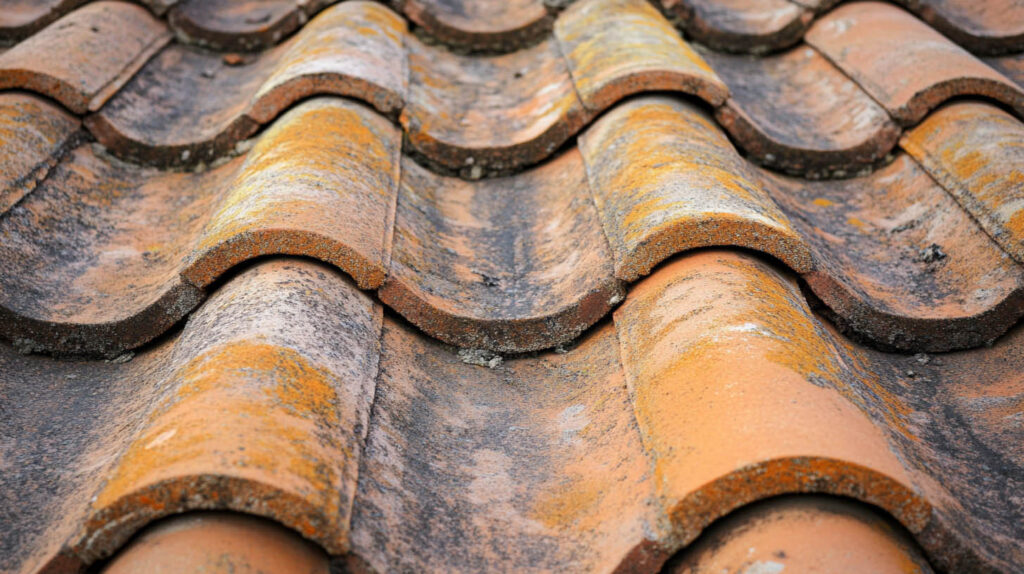
How UV Rays Damage Roofs Over Time
Jacksonville’s high levels of UV exposure can shorten a roof’s lifespan. Roofing materials absorb UV rays, leading to accelerated wear and tear, particularly for materials like asphalt shingles that are sensitive to heat and sunlight. Here’s a closer look at how UV rays affect your roof.
1. Cracking and Splitting of Roofing Materials
Constant exposure to the sun dries out roofing materials, making them brittle and prone to cracking. Materials such as wood and asphalt are especially vulnerable, as prolonged heat dries out essential oils and compounds, leading to cracking and breaking. Opting for reflective roofing materials, such as metal, can help minimize this damage.
2. Thermal Shock from Temperature Changes
Jacksonville’s fluctuating temperatures can cause “thermal shock” in roofing materials. Thermal shock happens when roofing materials expand during the day and contract at night, a cycle that can gradually degrade roof components, leading to potential leaks and structural weaknesses.
Fact: Studies have shown that thermal shock is a leading cause of early roof degradation, especially in climates with intense temperature changes like Jacksonville.
3. Fading and Bleaching
Sunlight gradually bleaches roofing materials, causing them to lose color and appeal. Asphalt shingles, for example, are especially prone to fading under constant UV exposure. While this doesn’t immediately compromise the roof’s structural integrity, it does impact your home’s curb appeal and may affect resale value.
4. Accelerated Material Decomposition and Crumbling
UV rays combined with oxidation lead to gradual decomposition of roofing materials. Over time, shingles or tiles may become brittle, crumble, or even fall off, leading to roof patches and exposing the underlying structure to further damage.
Tips to Minimize Sun Damage to Your Roof
Reducing sun exposure and thermal effects can extend your roof’s lifespan. Here are a few essential strategies:
- Use Reflective Roofing Materials: Certain materials, such as metal or white coatings, can reflect UV rays rather than absorb them, which helps reduce thermal shock.
- Apply Roof Coatings: UV-resistant coatings provide an extra layer of protection for your roof, minimizing the effects of constant sunlight.
- Regular Maintenance and Inspections: Annual inspections can catch early signs of sun damage, allowing you to address issues before they escalate.
The Benefits of Professional Roof Maintenance
While regular roof checks are beneficial, professional inspections can identify underlying problems and suggest materials better suited for Jacksonville’s climate. Trusted contractors can help you make informed decisions, whether it involves repairs, protective coatings, or even a replacement.
Frequently Asked Questions (FAQs)
1. How often should I check for sun damage on my roof?
- Ideally, an annual inspection is recommended, though twice a year is better in sunny climates like Jacksonville.
2. Which materials resist UV rays best?
- Metal roofing and specially coated shingles are the most UV-resistant and reflect sunlight effectively.
3. Can sun-damaged shingles be repaired?
- Minor damage may be treated with coatings, but replacement is necessary for severe cases to maintain roof integrity.
4. Does sun damage increase energy costs?
- Yes, a damaged roof can reduce energy efficiency, leading to higher cooling costs in summer.
5. Can I install solar panels on a sun-damaged roof?
- It’s best to repair or replace damaged sections before installing solar panels for optimal support and durability.
Conclusion
Jacksonville’s intense sunlight can be challenging for roofing, but proactive measures like UV-resistant materials and regular maintenance can mitigate the effects. Investing in durable materials and annual inspections through reputable companies such as Avenue Roofing can help extend your roof’s life and protect your home.
To learn more about how a new roof can boost your home’s energy efficiency, click here.
